To pop or not to pop? That is the question. Remember when you were young and your mom would tell you to keep your hands off your face? She would always tell you not to pick your pimples or blackheads but you just can’t stop.
There’s this urge to do it, a battle-cry, a mantra in our heads “Must get rid of this zit…Must get rid of this zit…”
We can only sleep peacefully thinking that we managed to cover every square inch of our face and popped everything that could be popped.
The story continues when you wake up after an evening of pimple-popping and blackhead-purging session. Your face looks like an aftermath of a battlefield; bloody and horrendous. You might even manage to create craters or depressions in some parts of your face. Yes, that will forever leave a battle mark (Hello, acne scars!). Then comes the guilt, regret, and self-loathing (or it could just be hormones…) and you just break down and cry.
The good news is, you are not alone.
Many of us have tried countless products to keep blemishes and breakouts away. Some girls have counters filled with beauty products with promises of banishing these unsightly marks. So, why doesn’t it work?

Some products don’t do well if mixed with other skin care products. Chemicals have a different reaction when mixed with other chemicals. That’s why you should be cautious when trying out products. It may be good by itself, but disastrous when mixed with others.
Common acne remedies are Benzoyl Peroxide and Salicylic acid. Products with these components are good in banishing blackheads, whiteheads, and pimples. If you do not respond to these types, it may be a sign that you need antibiotics or prescription acne medication.
You must see an esthetician or dermatologist and let them assess what type of medication you should use.
Aside from topical treatment and chemicals, Blue light therapy is also proven to combat pimples and acne. This FDA-cleared acne solution utilizes blue light to kill acne-causing bacteria.
It penetrates the pores to target P. acnes bacteria that may be causing mayhem deep within your skin. BlueMD is also approved to decrease oil and sebum production. With as little as 5 minutes per session, twice a day, you can get rid of acne-causing bacteria and pave the way for better-looking skin.
BlueMD has 3 sets of light, Blue to fight off acne-causing bacteria, Red to reduce inflammation, and invisible Infrared to penetrate deeper skin tissue to trigger faster cell renewal and healing.

So, do you still hear that awful mantra? Why not start a new one? Try, “I Will not pop my pimples…I will not pop my pimples…” or “I will not squeeze my blackheads… I will not squeeze my blackheads…” or something else that might keep you from going to war with yourself.
Step into the light and never go back to popping pimples ever again.
Pimple popping is an instinctual reaction that many of us have, but it comes with significant risks that can leave lasting damage to your skin. When you pop a pimple, especially without the guidance of a board-certified dermatologist, you run the risk of pushing the gunk—pus, dead skin cells, and bacteria—deeper into your skin. This can turn a minor blemish into a more serious cyst or nodule, leading to increased inflammation and a higher chance of scarring. In fact, popping your pimples can cause the exact problem you’re trying to avoid, as it may even lead to more breakouts, not fewer.
A key reason why popping pimples is so tempting is the immediate satisfaction of seeing a zit disappear. However, the momentary relief is often followed by regret when you realize that what you've actually done is inflame the skin around the pimple, potentially causing a scar that could last for months or even years. Pustules and cystic acne are particularly prone to scarring if they’re not handled correctly. The skin’s surface is delicate, and when you take matters into your own hands by popping a pimple, you disrupt the natural healing process, which is why dermatologists advise against it.
Instead of popping, consider using over-the-counter treatments like salicylic acid or benzoyl peroxide, which are designed to treat acne by reducing inflammation and killing bacteria without causing further damage to the skin. For more persistent or severe cases of acne, seeing a dermatologist is crucial. They can prescribe stronger, topical retinoids or even suggest light therapies that target the bacteria causing your acne at a deeper level. It's always best to treat your acne with methods that won’t compromise your skin’s integrity.
For those who still feel the urge to pop, there are safer ways to do it, though it's still not recommended. If you must pop a pimple, make sure to wash your hands and face thoroughly before you begin. Sterilize a needle or a comedone extractor to gently prick the surface of the pimple. But remember, even if done correctly, popping pimples can still result in scars, especially if it’s a cystic or nodular pimple. Using hydrocolloid pimple patches or seeing a dermatologist to inject a corticosteroid can help reduce the inflammation without the risks associated with popping.
The best way to prevent acne and the temptation to pop is through a consistent skincare routine. Regular use of a gentle face wash to remove excess oil and dead skin cells, coupled with the right acne treatments, can keep your skin clear and minimize the chance of clogged pores. It’s also essential to recognize the different types of pimples—blackheads, whiteheads, cysts, and nodules—so you can treat them appropriately without causing further damage.
Ultimately, while it might seem harmless to pop a pimple as soon as you see it, the long-term consequences are not worth it. Embracing patience and proper skincare techniques is the best way to achieve clear skin without the scars and other issues that come from popping pimples. If you’re serious about getting rid of pimples and treating your acne effectively, the advice of a board-certified dermatologist is invaluable. They can guide you through safe, effective treatments that align with your skin’s specific needs.

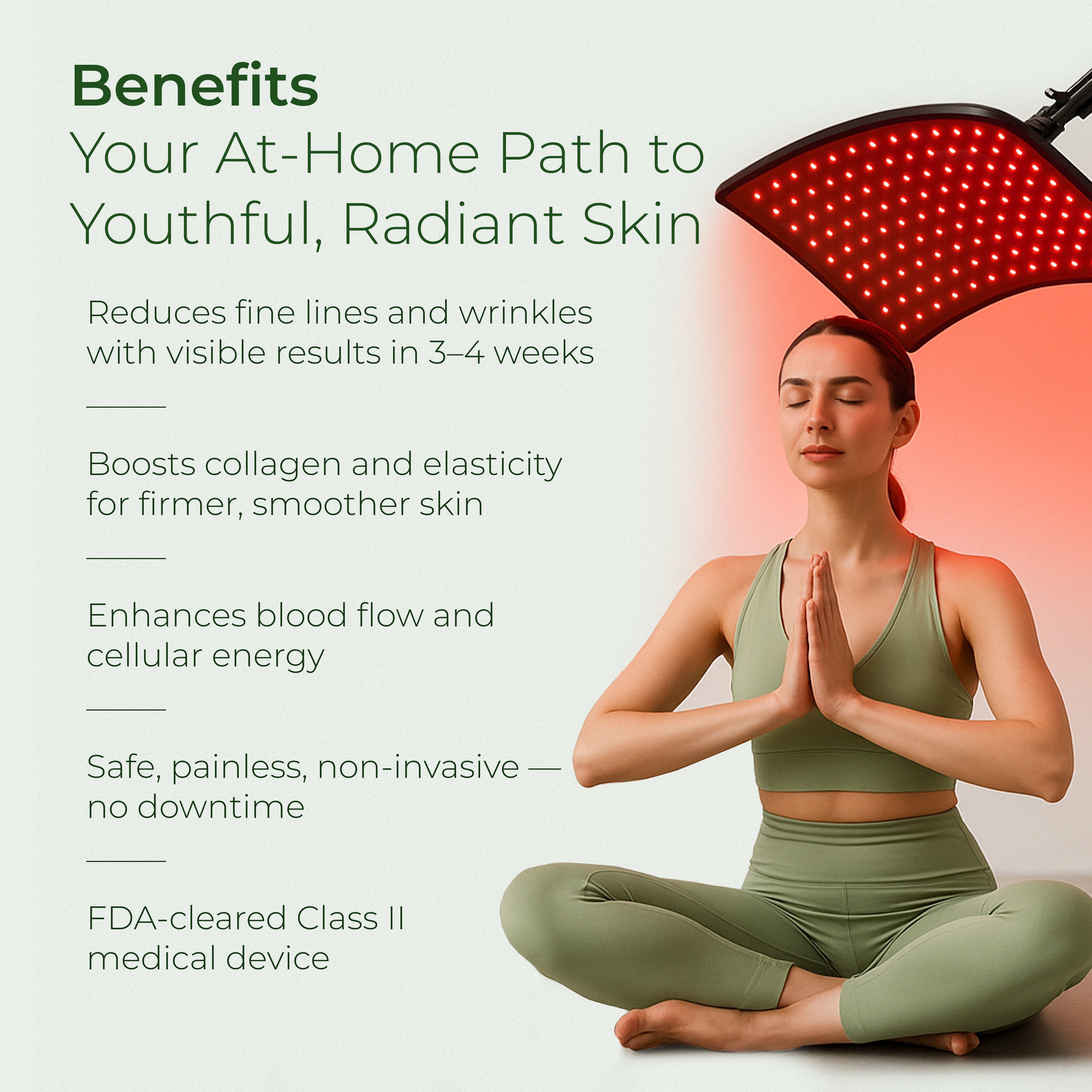
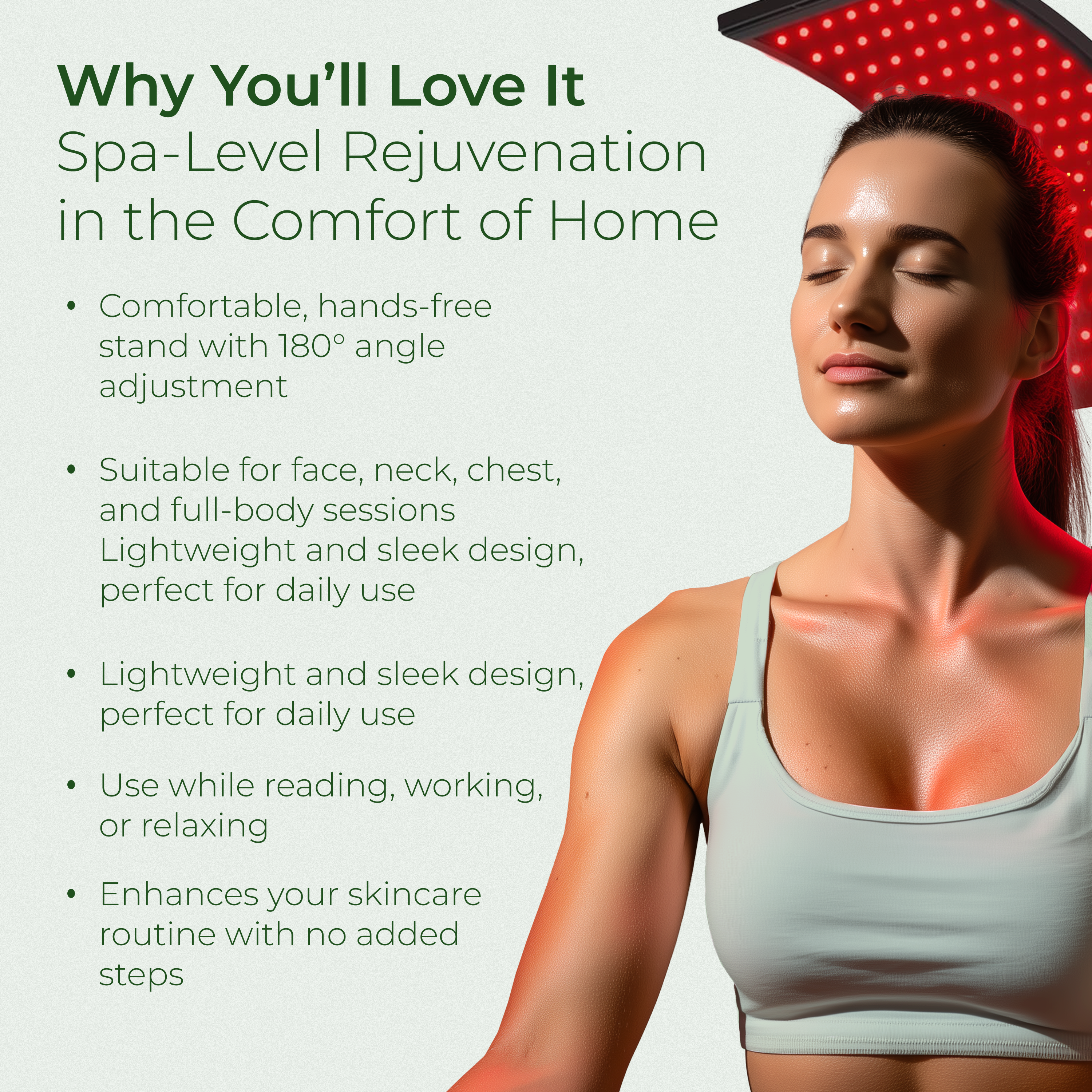
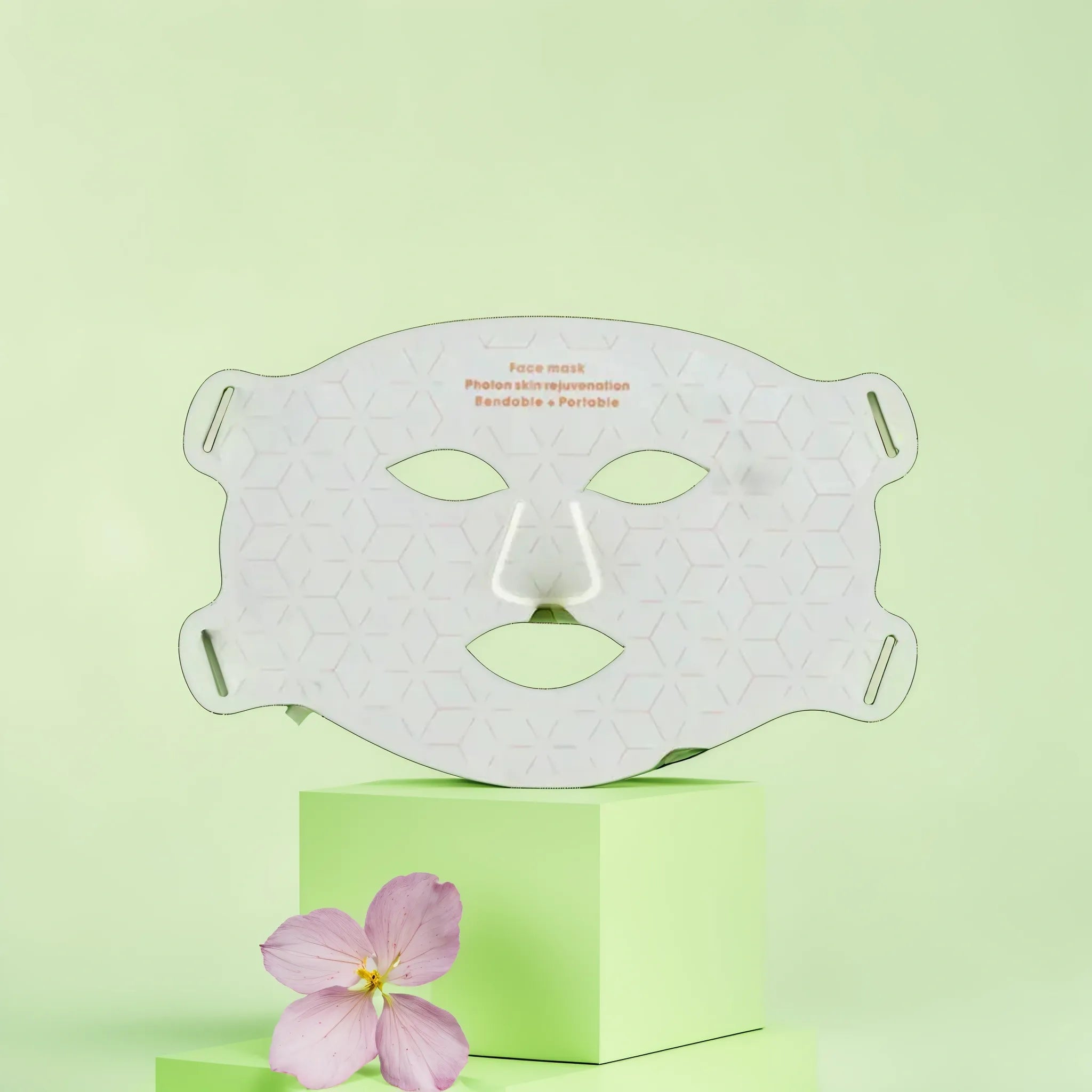
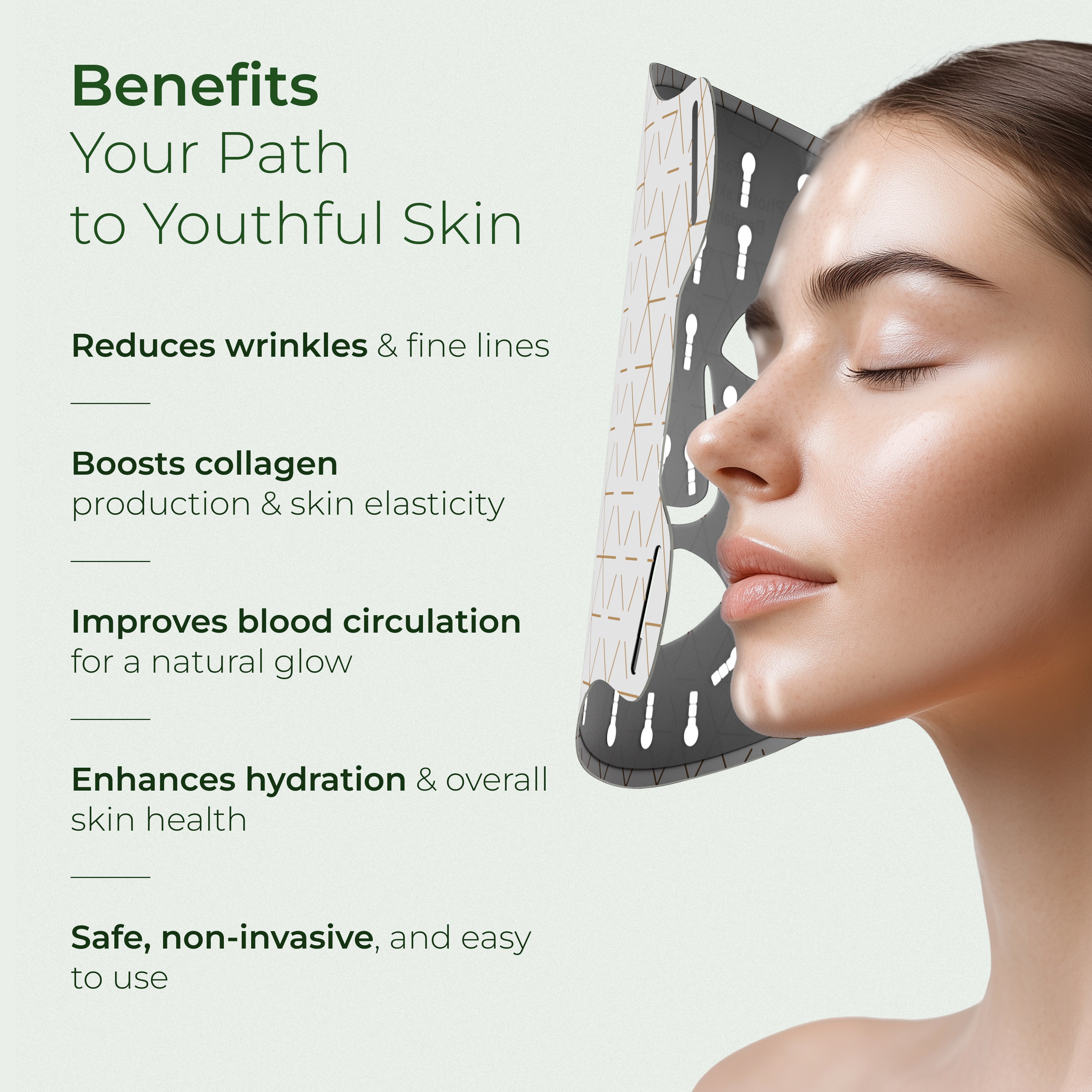


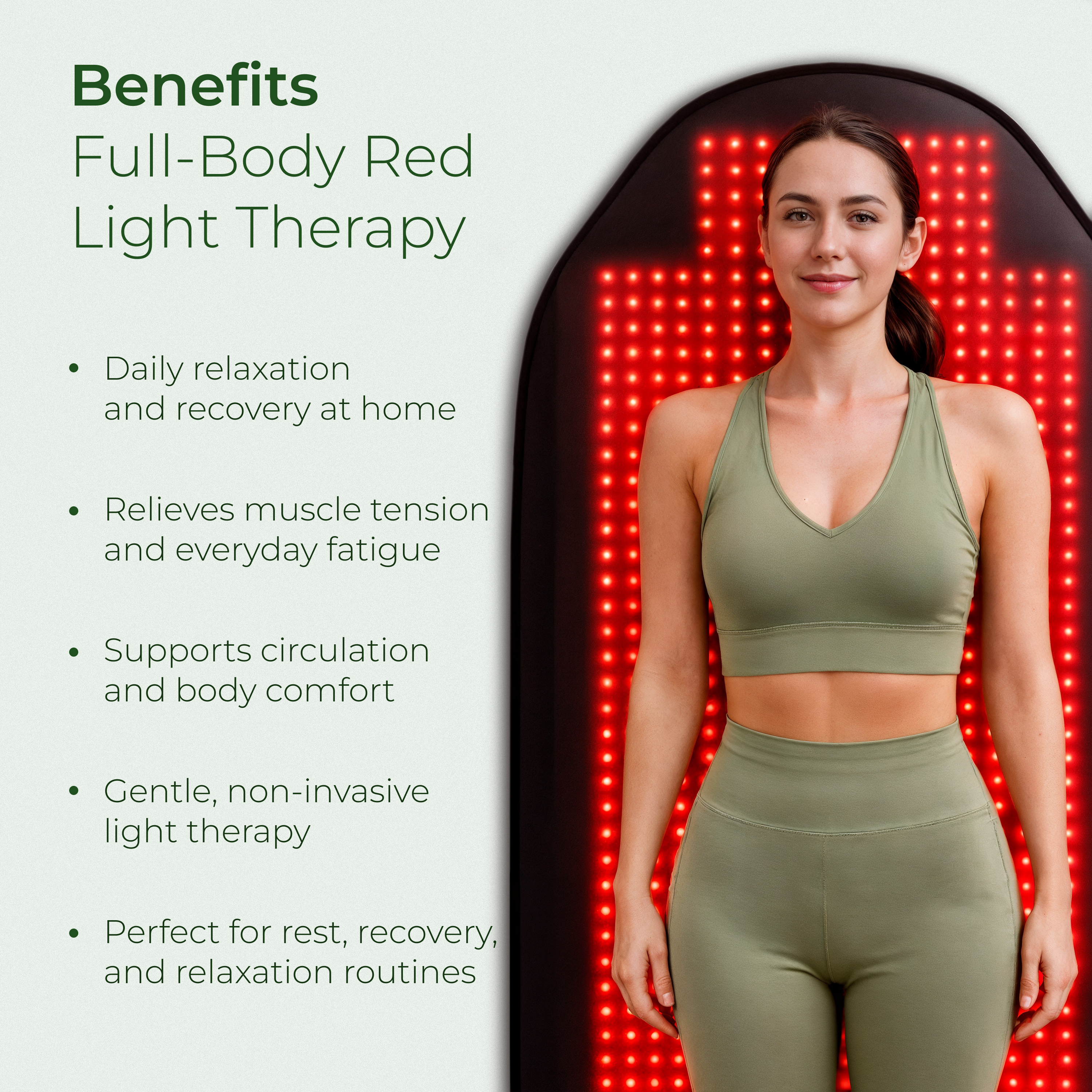
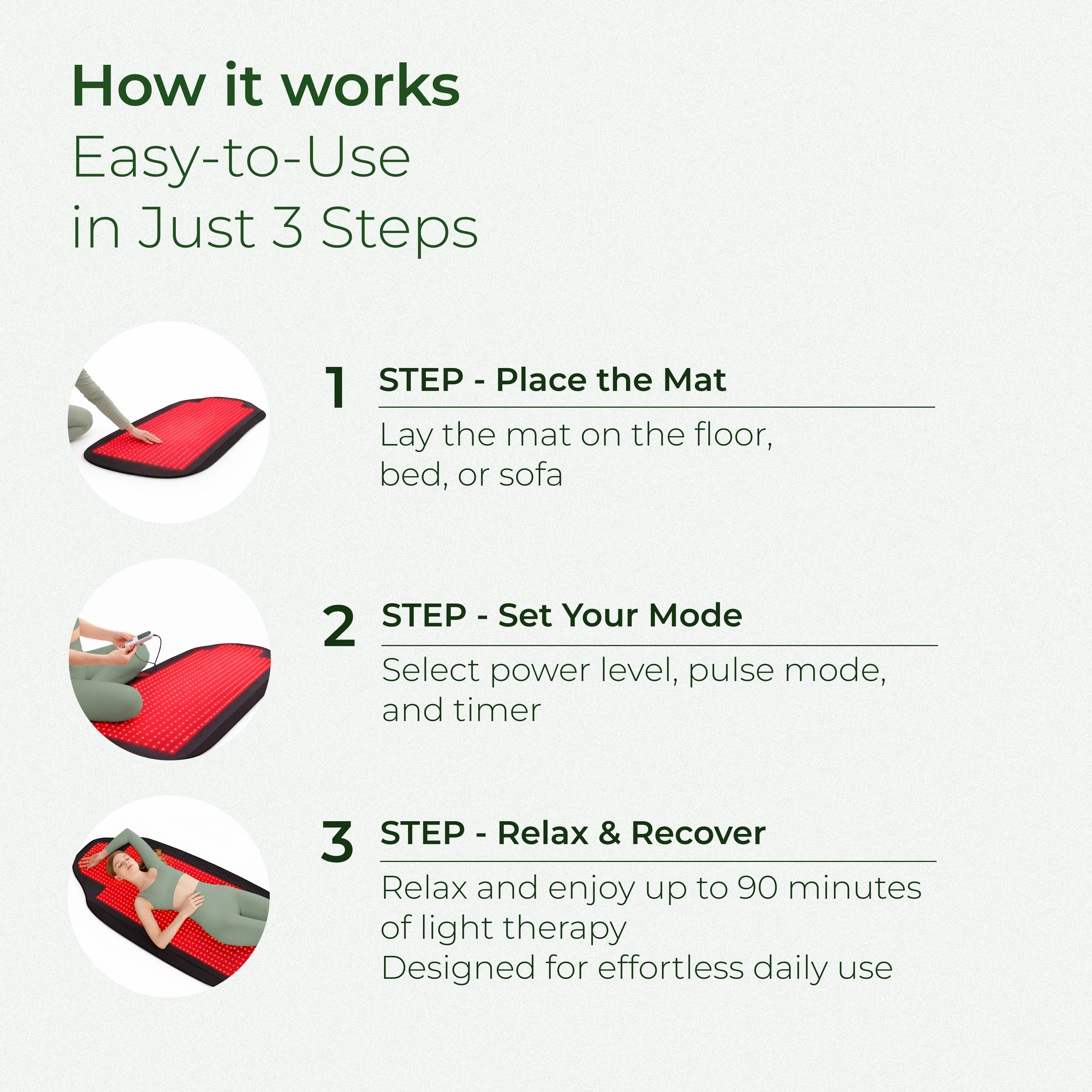
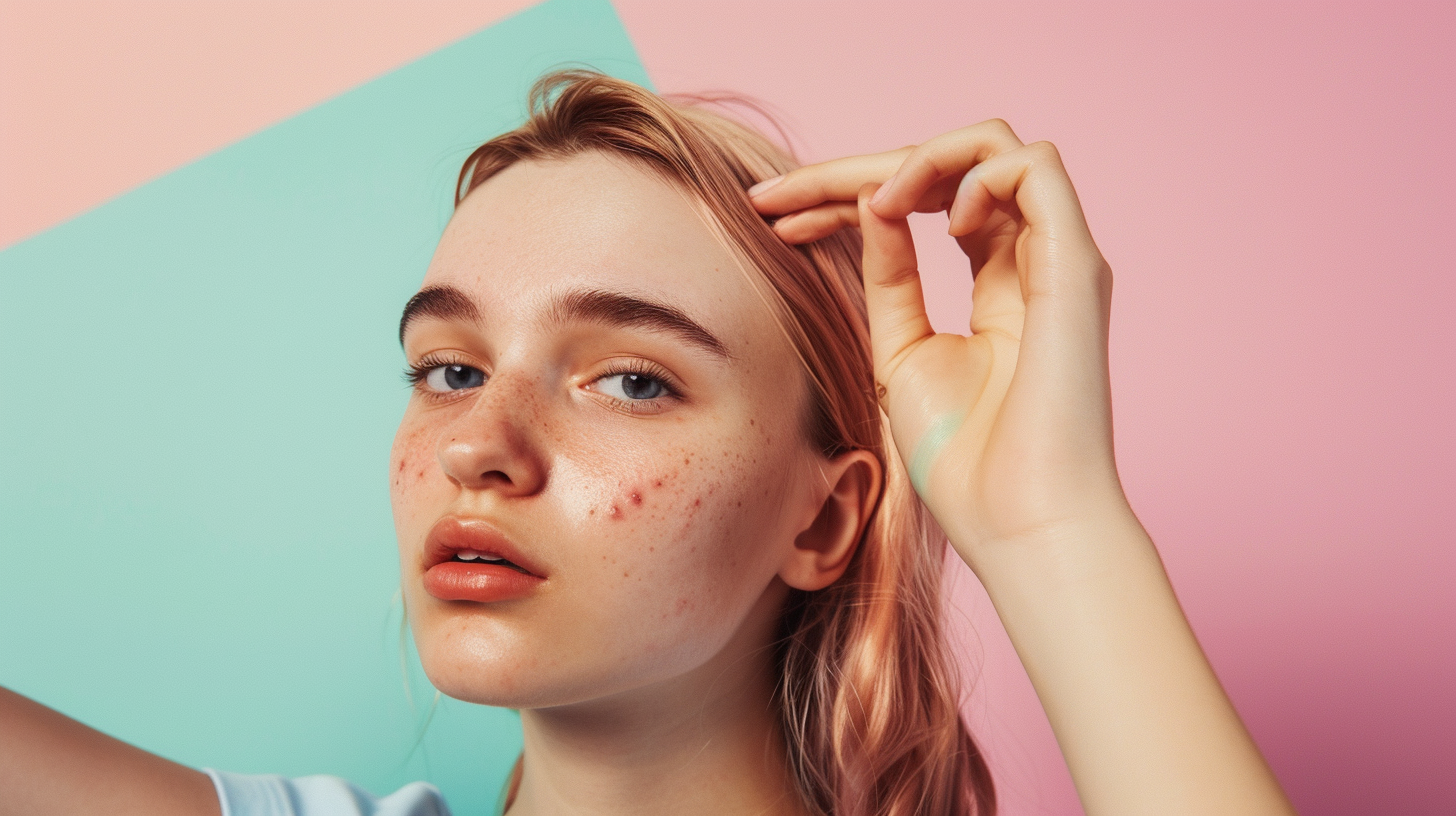


Deixe um comentário
Este site está protegido pela Política de privacidade da hCaptcha e da hCaptcha e aplicam-se os Termos de serviço das mesmas.